September 05, 2019 | Joanne Morrison
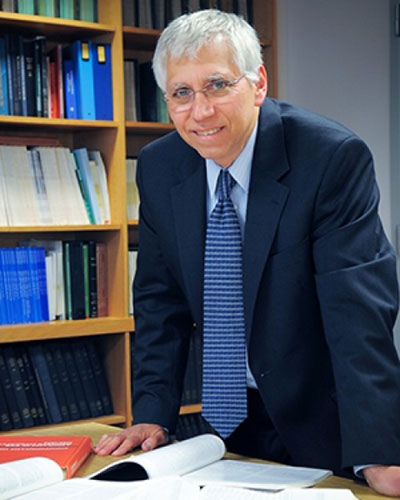
Dr. Magaziner Elected to Serve as President of Global Organization Focusing on Care and Prevention of Fractures Impacting Mobility
Jay Magaziner, PhD, MSHyg, Professor and Chair of the Department of Epidemiology and Public Health at the University of Maryland School of Medicine (UMSOM), was elected to serve as president of the Fragility Fracture Network (FFN), a global network of professionals that help sets policy and care standards for treatment and secondary prevention of serious fractures impacting mobility, such as spinal and hip fractures.
Dr. Magaziner was elected President at the 7th Annual FFN Global Congress held in Dublin in July for a one-year term, which began in August.
“I am honored to be elected to work with experts from around the world to help improve treatment and secondary prevention of fractures that impair mobility. The global and multidisciplinary and collaborative approach of the Fragility Fracture Network truly helps set the standard globally for approaches that restore a patient’s mobility, and independence,” said Dr. Magaziner.
The FFN is a global organization, founded in order to create a network of experts for improving treatment and secondary prevention of fragility fractures. Current priorities include transforming surgical and medical care provided to patients hospitalized with hip fractures, a painful fracture of the spine and other major fragility fractures; prevention of secondary and subsequent fractures for people who have sustained their first fragility fracture; and rehabilitation of patients whose ability to function is impaired by major fragility fractures to restore their independence.
As president of the global organization, Dr. Magaziner’s duties include overseeing the scientific integrity of the FFN’s work, educational efforts of the organization worldwide, and development of additional regional FFN organizations to address the local needs in clinical care and policies.
Prior to being elected as president of FNN, Dr. Magaziner served as Chair of the FFN Scientific Committee for two years and as Co-Chair of the Hip Fracture Recovery Special Interest Group.
Dr. Magaziner is a leading scholar and expert in the epidemiology of aging. He pursues research on aging in three interrelated areas: the consequences of hip fracture, health and long-term care, and methods for studying older populations. The major focus of his work is on identifying ways to enhance functioning and improve the quality of life for older people.
Dr. Magaziner’s work focusing hip fracture recovery has earned him a two consecutive MERIT awards from the National Institute on Aging. He also directs a training program in the epidemiology of aging and the University of Maryland Claude D. Pepper Independence Center. He has published extensively in internationally recognized journals and served as editorial board member for multiple journals, and as a reviewer for the National Institutes of Health (NIH). In addition to his leadership roles with the FFN, he has served in many leadership positions locally nationally, and internationally including the Governor's Commission on Aging in Maryland and the Gerontological Society of America.
Dr. Magaziner was a founder of the University of Maryland at Baltimore Long-Term Care Project, an umbrella organization established to recruit and oversee research in Maryland’s nursing homes, the Baltimore Hip Studies, a program designed to evaluate outcomes, develop and test interventions to improve outcomes after hip fracture, the Program in Aging, Trauma and Emergency Care, designed to increase understanding and improve outcomes of emergency care for older persons; and the University of Maryland Center for Research on Aging, whose mission is to advance interdisciplinary aging research across the University of Maryland.
“Dr. Magaziner has been a leader in setting care and prevention standards for critical fractures that impact mobility. His leadership of the Fragility Fracture Network is important in setting the highest global standards for treatment,” said UMSOM Dean E. Albert Reece, MD, PhD, MBA, who is also the Executive Vice President for Medical Affairs, University of Maryland, and the John Z. and Akiko K. Bowers Distinguished Professor.
About the University of Maryland School of Medicine
Now in its third century, the University of Maryland School of Medicine was chartered in 1807 as the first public medical school in the United States. It continues today as one of the fastest growing, top-tier biomedical research enterprises in the world -- with 43 academic departments, centers, institutes, and programs; and a faculty of more than 3,000 physicians, scientists, and allied health professionals, including members of the National Academy of Medicine and the National Academy of Sciences, and a distinguished recipient of the Albert E. Lasker Award in Medical Research. With an operating budget of more than $1 billion, the School of Medicine works closely in partnership with the University of Maryland Medical Center and Medical System to provide research-intensive, academic and clinically based care for more than 1.2 million patients each year. The School has over 2,500 students, residents, and fellows, and more than $530 million in extramural funding, with most of its academic departments highly ranked among all medical schools in the nation in research funding. As one of the seven professional schools that make up the University of Maryland, Baltimore campus, the School of Medicine has a total workforce of nearly 7,000 individuals. The combined School and Medical System (“University of Maryland Medicine”) has an annual budget of nearly $6 billion and an economic impact more than $15 billion on the state and local community. The School of Medicine faculty, which ranks as the 8th highest among public medical schools in research productivity, is an innovator in translational medicine, with 600 active patents and 24 start-up companies. The School works locally, nationally, and globally, with research and treatment facilities in 36 countries around the world. Visit medschool.umaryland.edu
Contact
Department of Anesthesiology
(410) 328-6120 (phone)
(410) 328-5531 (fax)
swalsh@som.umaryland.edu
Joanne Morrison
Director of Marketing and Public Relations
Center for Vaccine Development and Global Health
University of Maryland School of Medicine
jmorrison@som.umaryland.edu
Office: (410) 706-2884
Mobile: (202) 841-3369
Related stories
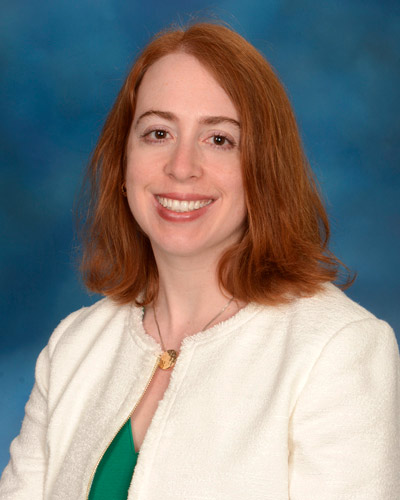
Tuesday, February 01, 2022
Study: Losing Excess Weight in Adulthood Reduces Risk of Developing Polyps that can Lead to Colorectal Cancer
Weight loss for adults, particularly those who are overweight or obese, may reduce their risk of developing a type of polyp that can lead to colorectal cancer, according to a new study led by researchers at the University of Maryland School of Medicine (UMSOM). Findings were published today in the journal JNCI Cancer Spectrum.
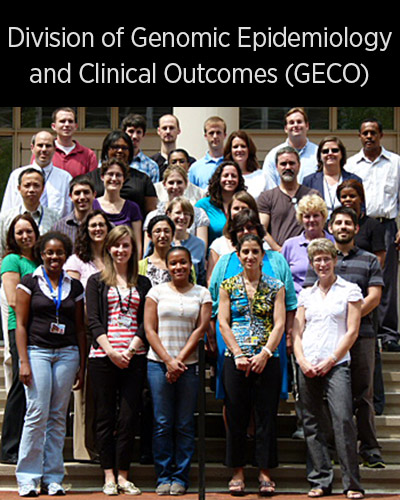
Thursday, March 05, 2020
Preventing COVID-19 (coronavirus) in Maryland Hospitals:
Hospital epidemiologists are doctors who prevent infections. World leaders in hospital epidemiology and infectious disease prevention, the physicians and scientists based in the Division of Genomic Epidemiology and Clinical Outcomes (GECO) at the University of Maryland School of Medicine are preparing our healthcare system for COVID-19 and COVID-19 transmission prevention.
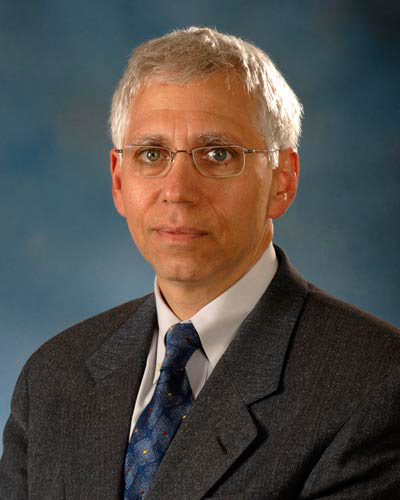
Tuesday, September 10, 2019
Multicomponent Home-Based Treatments Improve Mobility in Older Adults After Hip Fracture, New Research Shows
Each year more than 260,000 older Americans are hospitalized for hip fractures, a debilitating injury that can severely and permanently impact mobility. Researchers at the University of Maryland School of Medicine (UMSOM) studied two types of home-based interventions and discovered that these treatments are effective in helping individuals regain their ability to walk, but not enough to do every day functions like crossing the street.
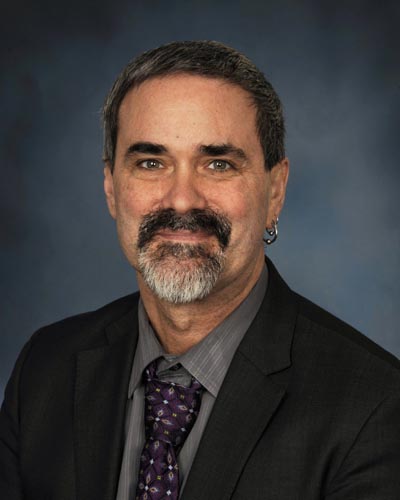
Tuesday, February 12, 2019
UMSOM Scientists Call for Unrestricted Usage of Public Genome Data
Researchers at the Institute for Genome Sciences (IGS) at the University of Maryland School of Medicine (UMSOM) called for open access to genome data, stating that unrestricted usage is needed for progress in combating the world’s most serious diseases.

Thursday, September 27, 2018
University of Maryland School of Medicine Scientist Receives Prestigious Microbiome Award
Owen White, PhD, professor of epidemiology and public health, and Associate Director for Informatics at the Institute for Genome Sciences (IGS) at the University of Maryland School of Medicine (UMSOM), has received the 2018 Microbiome Pioneer Award. The prestigious honor is part of the Bioinformatics for the Microbiome Symposium organized by Stanford University. The microbiome is the name given collectively to the community of trillions of microbial organisms that live on and within our bodies.
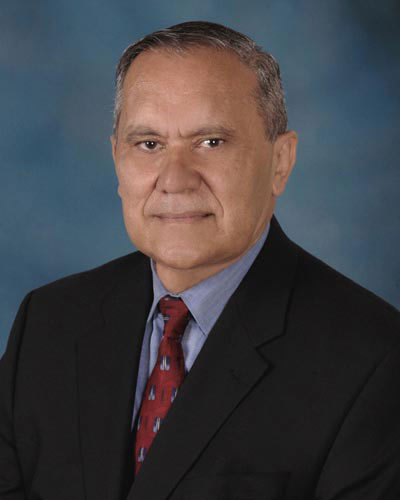
Monday, July 23, 2018
In Memoriam: Edson X. Albuquerque, MD, PhD, Internationally-Renowned Pharmacologist and Toxicologist at UM School of Medicine
Edson Xavier Albuquerque, MD, PhD, an internationally-acclaimed toxicologist who had served on the UM School of Medicine faculty since 1974, has passed away.
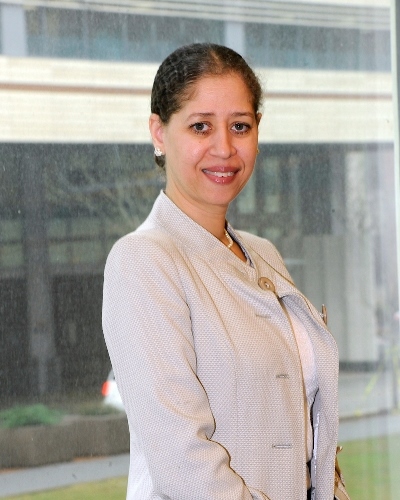
Monday, June 18, 2018
Dr. Diane Marie St. George Promoted to Vice Chair of Academic Programs in the Department of Epidemiology and Public Health
Jay Magaziner, PhD, MS Hyg, Professor and Chair of the Department of Epidemiology and Public Health (EPH) at the University of Maryland School of Medicine (UMSOM), along with UMSOM Dean E. Albert Reece, MD, PhD, MBA, announced today that Diane Marie St. George, PhD, has been promoted from Director to Vice Chair of Academic Programs in the Department of Epidemiology and Public Health. The position was previously held by Patricia Langenburg, PhD, Professor Emeritus.

Tuesday, March 22, 2016
Program in Health Disparities and Population Health at University of Maryland School of Medicine Moving Forward in Department of Epidemiology and Public Health
Jay S. Magaziner, PhD, MS, Hyg, Professor and Chair, Department of Epidemiology and Public Health (EPH) at the University of Maryland School of Medicine (UM SOM) and Dean E. Albert Reece, MD, PhD, MBA, announced today that the Program in Health Disparities and Population Health, formerly the Program in Minority Health and Health Disparities in Education and Research (PMHHD) led by the now-retired Dr. Claudia Baquet, has a new home in the Department of Epidemiology and Public Health.
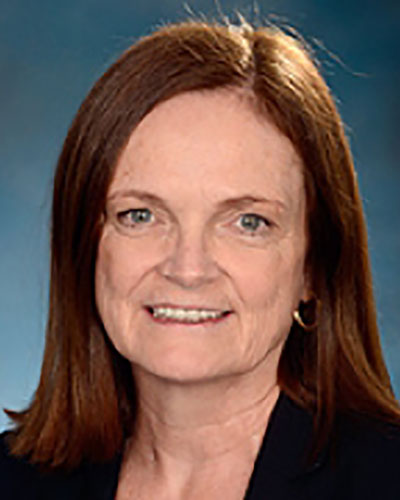
Wednesday, March 16, 2016
UM SOM Epidemiologist Joanne F. Dorgan Named Director of the Division of Cancer Epidemiology
Jay S. Magaziner, PhD, MS Hyg, Professor and Chair of the Department of Epidemiology and Public Health (EPH) in the University of Maryland School of Medicine (UM SOM), along with UM SOM Dean E. Albert Reece, MD, PhD, MBA, announced today that Joanne F. Dorgan, PhD, MPH, Professor in the Division of Cancer Epidemiology within the Department of Epidemiology and Public Health, has been appointed Director of the Division of Cancer Epidemiology. Dorgan succeeds Division Director William A. Blattner, MD, co-founder and associate director of the UM SOM Institute of Human Virology, who retired on January 31, 2016.
